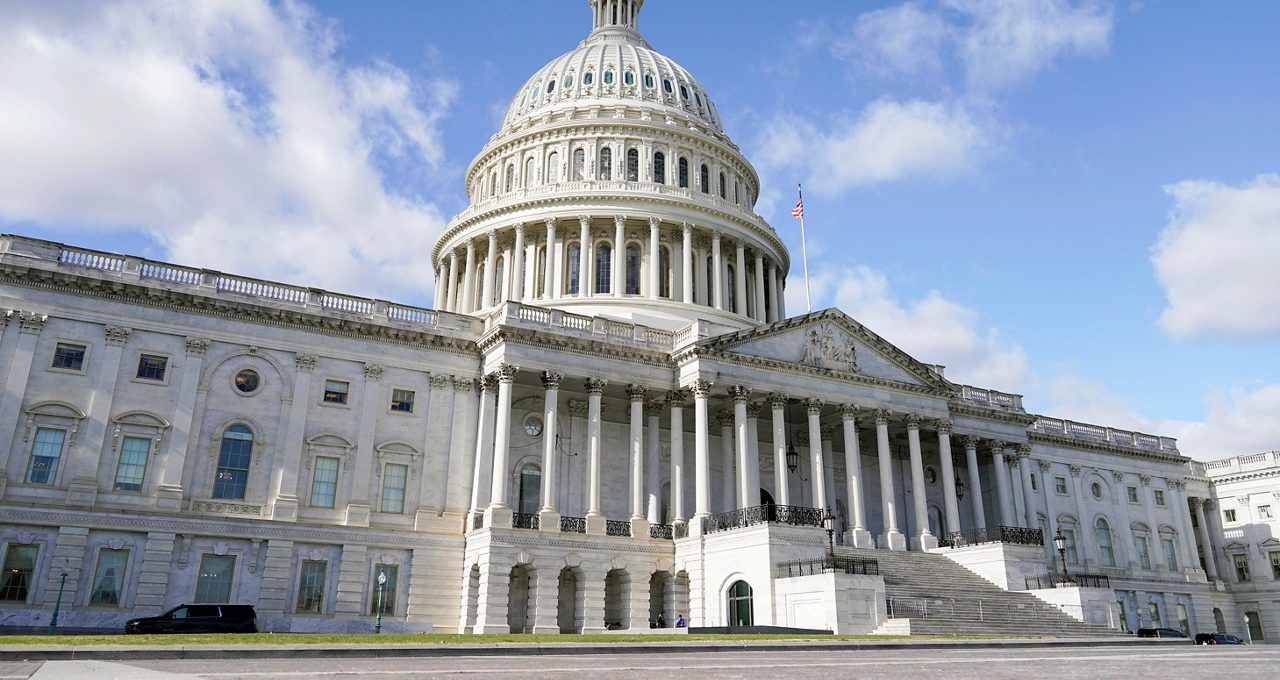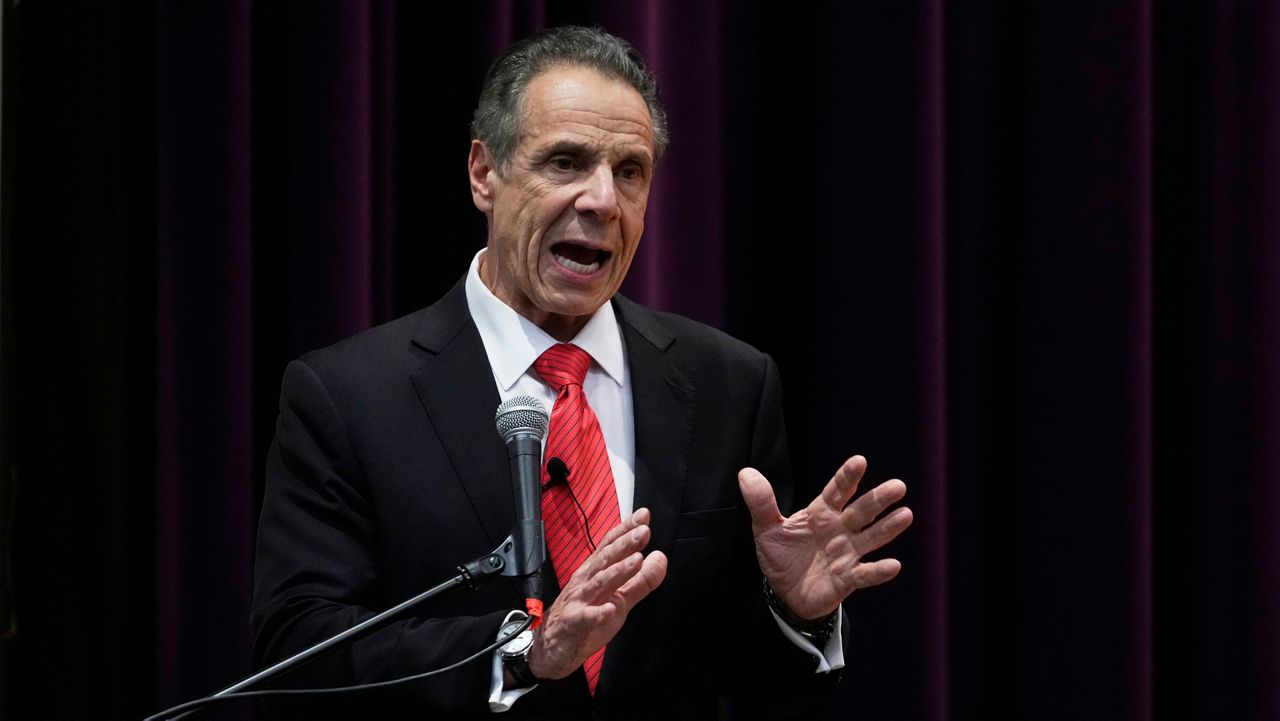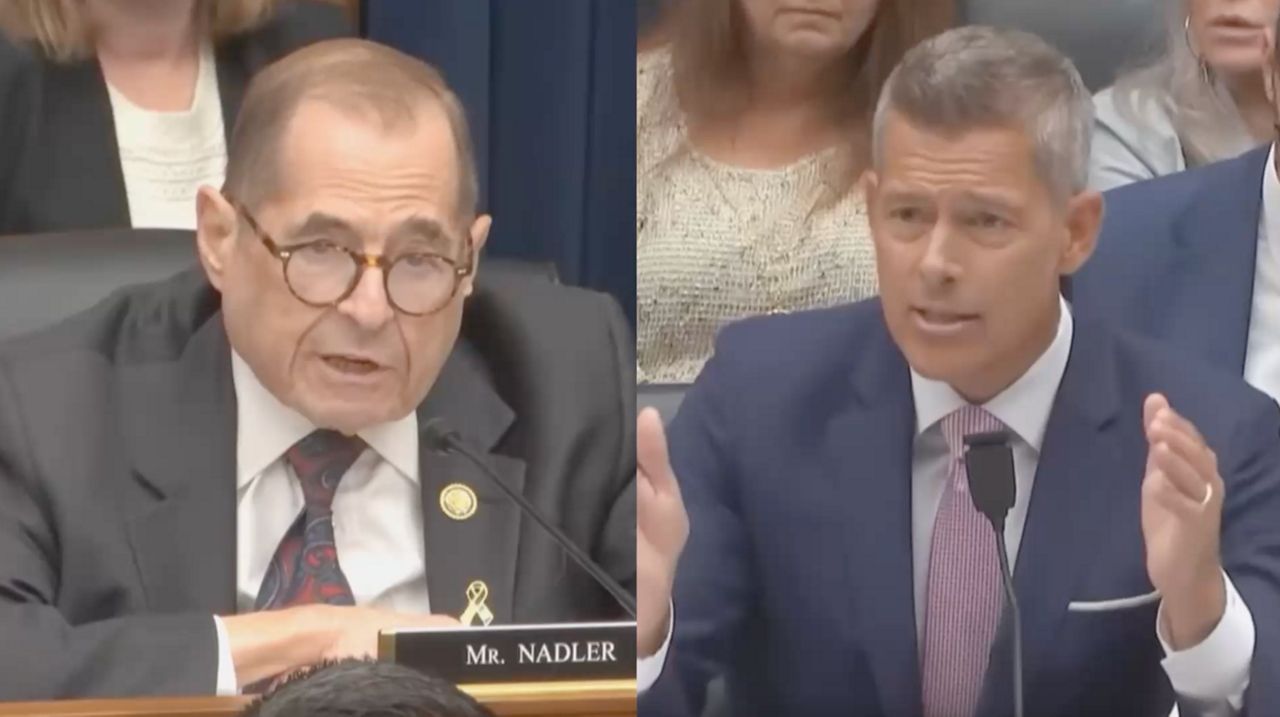Postpartum health coverage will expand from 60 days to a full year under New York Medicaid and Child Health Plus, state health officials on Thursday announced.
The change is now in effect after federal approval was granted. The move includes enrollees regardless of their immigration status or how a pregnancy ended.
More than 7.7 million are enrolled in Medicaid in New York and more than 1.3 million people are enrolled in Child Health Plus and the Essential Plan. The postpartum coverage expansion is expected to add 26,000 New Yorkers to Medicaid and Child Health Plus for a full year following a pregnancy.
Thirty-five states, along with the District of Columbia, provide extended postpartum coverage.
“The entire first year after childbirth can be a very vulnerable time,” state Health Commissioner Dr. James McDonald said. “The extension of postpartum coverage displays the Department’s commitment to ensure that all individuals who give birth have the vital resources and services they need to have safe pregnancies, no matter their race, where they live, or immigration status. Black people who give birth die due to complications at a four times higher rate than White people who give birth in New York State, and this is unacceptable.”
President Joe Biden's administration has sought to expand postpartum coverage in states in an effort to boost maternal health. The program is meant to especially focus on struggling communities where maternal death rates are higher.
The development dovetails with Gov. Kathy Hochul's administration extending 12 weeks of paid family leave to state workers.
“Equitable access to maternal health services is a crucial issue and a top priority for the Medicaid program. We applaud the federal government’s commitment to prioritizing the wellbeing of pregnant individuals and their growing families through the Medicaid program,” State Medicaid Director Amir Bassiri said. “Expanding postpartum coverage will be a catalyst in the state’s goal of effectively narrowing racial and socioeconomic disparities, delivering holistic person-centered care, and improving population health outcomes in Medicaid.”








